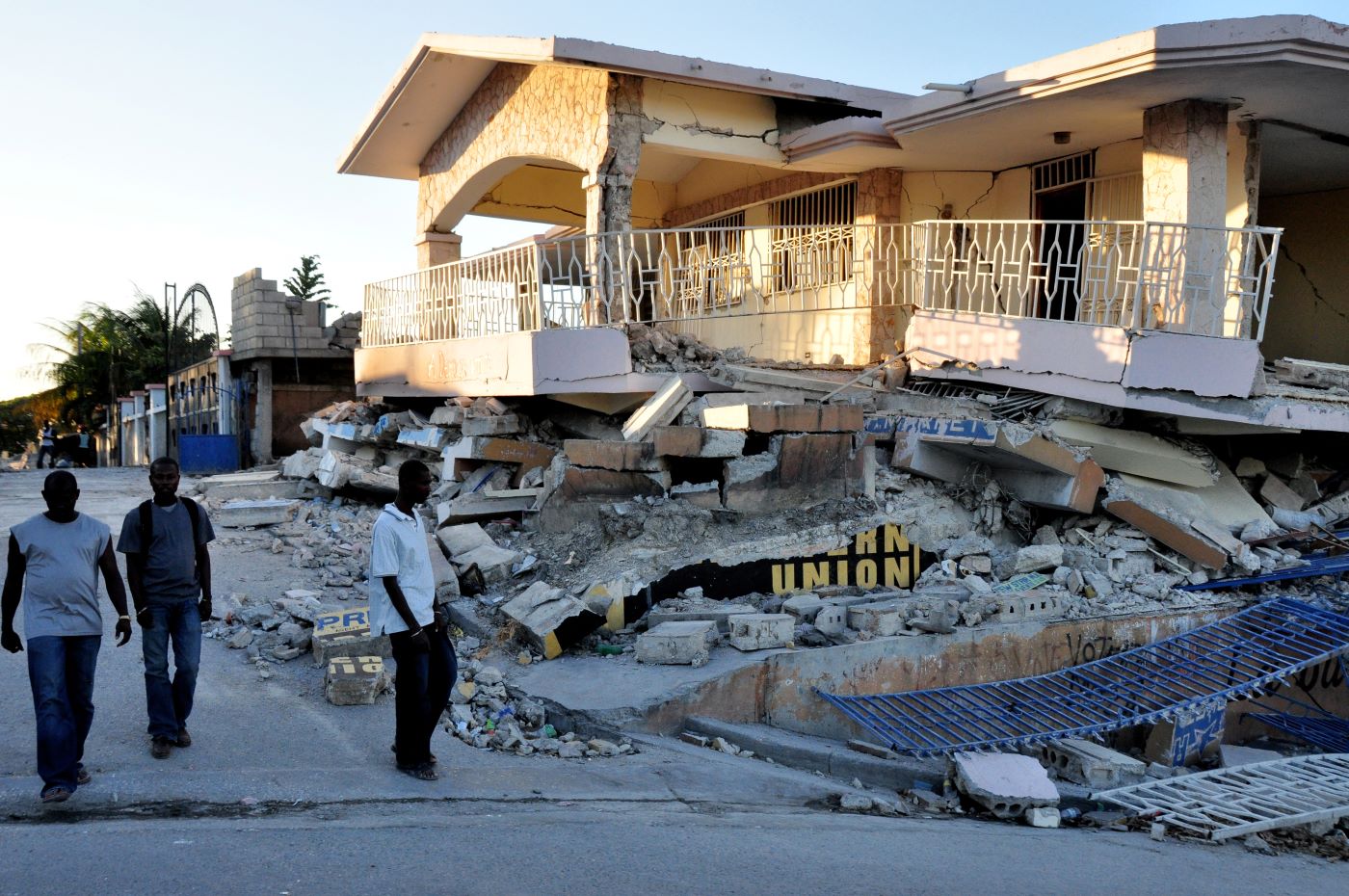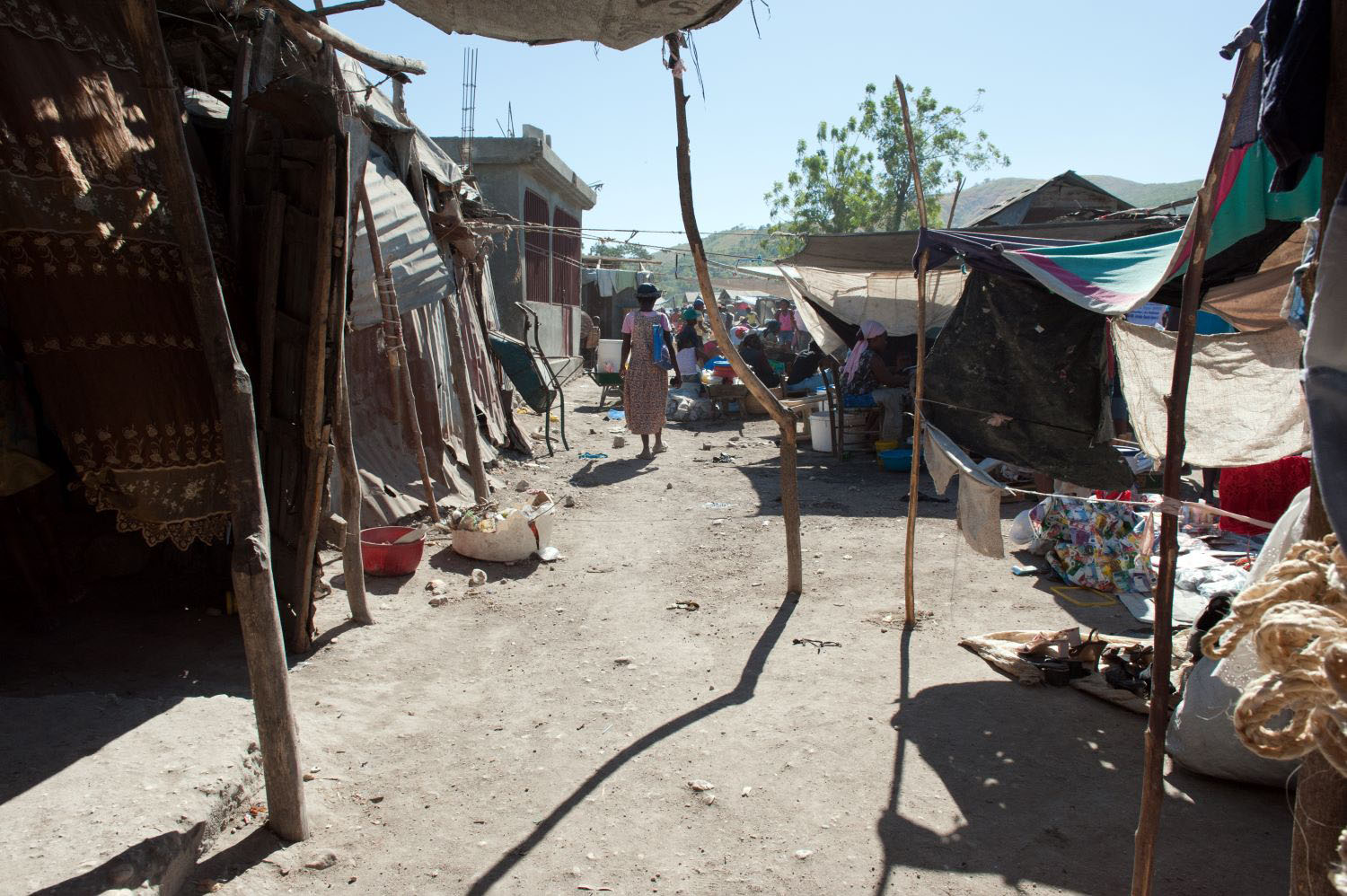Recommended
Despite significant financial and political commitment, the international community's track record in state-building in fragile contexts has been poor. Only in the few instances of reform-minded governments with strong local leadership—like Rwanda—has lasting progress been accomplished. Most fragile states, such as Haiti, Somalia, South Sudan, or the Democratic Republic of Congo, to mention a few, have experienced patchy development, punctuated by outright setbacks. Evidence suggests that international players lack the capability to alter the bad equilibrium of fragile context in the absence of a supportive political environment where the local elite makes a durable commitment to stability and growth. The international community, prioritizing stability, becomes a prisoner of the fragile state political economy and has little space to effect transformational change. However, there are also reasons to argue that the absence of a more robust institutional framework of engagement has compromised the chances of success.
Fragile states are not powerless
Fragile or even failed nations are still able to exercise full international sovereignty and some degree of domestic authority over a portion of their territory. Direct administration or trusteeship by an international organization has rarely been adopted as a transitional measure supported by peace or ceasefire agreement pending normalization or status resolution as in Kosovo or East Timor. Experience shows that these efforts have been relatively more successful in peacekeeping than in state-building, where legitimacy and accountability are key. No new mandates for international administration have been agreed upon since 2000.
This indicates that most international missions aimed at state-building in fragile contexts have adopted a modality of assistance, rather than direct administration. They respect local ownership and have been conducted in a cooperative manner, proceeding upon the request or agreement of the host state. Even though fragile governments are heavily dependent on outside resources, they retain residual powers that have a significant impact on how foreign assistance is handled and ultimately implemented. These have been referred to as “weapons of the weak state” and include choices on what, where, and how to assist or who is to be involved. To get things done, international actors rely on the collaboration of local authorities, that will use this position to secure their own interests and ideas. But cooperation between national and international actors is a costly matter involving permanent bargaining and recalibration of objectives. This can be very harmful to the process of state-building.
International assistance is fragmented, and lacking sufficient scale and impact
In the assistance framework, international effort is dispersed into numerous missions, bilateral and multilateral donors, and innumerable non-governmental organizations—each with their own goals and incentives—arranging their own relationships with the host government. Each actor is bound by its own mandate and incentives, and complementarity is often lacking. This means that humanitarian, security, democratic, and development efforts occur in parallel, while in a fragile context these efforts are highly interdependent. Instead of applying a joint programmatic approach with enough magnitude to address problems at scale, support is fragmented in multiple projects that increase administrative costs and reduce impact. The precarious institutional environment of the country forces aid providers to play it safe following operational modes that sideline the host government as much as they can by sidelining government institutions with project implementation units. In the process, costs are increased and state-building is harmed.
These interventions have been portrayed as instances of “humanitarian occupation,” “virtual trusteeship,” or “neo-trusteeship,” terms that overestimate the influence held by the international community. The truth is that the diffusion of power and responsibility across national and international entities causes the inability to complete tasks satisfactorily. For instance, billions of dollars can be invested in international peacekeeping operations, at the same time as on training and equipment for local law enforcement agencies. Local security forces, politicized and badly paid, are weakly institutionalized, risking a meltdown when international support withdraws. The story in the provision of basic services or infrastructure is not very different, making progress slow, uneven, and vulnerable to setbacks.
Coordination that only looks good on paper is not the solution
The response to the challenges of state-building in fragile environments has been encouraging improved donor and government coordination and stronger local ownership. Reconstruction plans, high-level coordination commissions, sector committees, mutual accountability agreements, multi-donor trust funds, and joint needs assessments are among the instruments commonly applied in fragile contexts. On paper, they all seem useful instruments, but in the practice of fragile contexts rarely live up to expectations. The host state often does not have the will and/or the technical capacity to formulate plans and policy objectives that can be effectively implemented. They also are not able to integrate the intervention structures and operations, maintaining the fragmented project-by-project approach of international donors.
Haiti, for instance, has seen all these mechanisms in place in successive waves of international engagement. The experience is that underneath the abundance of committees and meetings, little more than an exchange of information has been achieved. If the underlying incentives of national and international actors do not change, they will do their best to carry on with business as usual while complying formally with the demands of coordination.
Toward more integrated bodies under delegated authority
Establishing more integrated bodies that operate under delegation from the host nation to accomplish specific goals in clearly defined sectors would be a more effective institutional design. This means pooling national and international power and responsibility under an agency or partnership, operating under local law and policy direction but with ample operational autonomy and strong oversight mechanisms. Resources and decision-making power would be concentrated under the same body, making it directly accountable for results. Following the same rational, Paul Collier advocated long ago for the establishment of Independent Service Authorities in fragile contexts, with the capacity to allocate resources and monitor execution in sectors critical to reconstruction and stability.
There can be different approaches to materialize this concept, depending on the degree and scope of delegation and the international-national profile of the institutional design. An interesting but quite extensive example is the regional assistance mission to the Solomon Islands that exercised a wide delegation of authority in policing, justice, and finance. With a rule-of-law reinforcing mandate, the International Commission Against Impunity in Guatemala was designed as a body with autonomy and resources to support the prosecution of high-profile crimes. Another example is the very successful reconstruction national agency established in Indonesia after the tsunami with local leadership and international participation. The United Nations Interim Administration Mission in Kosovo (UNMIK) successfully helped establish a Kosovar government with legitimate authority and capacity. The country compacts negotiated between governments and the Millennium Challenge Corporation and administered by a specially formed government authority are another proven approach for poor countries that can be adapted to fragile states. Finally, country platforms, which integrate resource allocation and implementation powers in a programmatic manner, also offer a promising action-oriented setting.
This type of arrangement requires stronger political permission from the host state. Political groups may challenge the arrangement on the grounds that sovereignty is being sacrificed in favor of international actors. The truth is that a weak state has already effectively lost a great deal of its domestic sovereignty, and that this arrangement can be instrumental to gradually reverse that situation. Authoritarian and predatory regimes will undoubtedly have no interest in such a deal, but more pragmatic and public-minded elites might be motivated to acquire credibility both domestically and abroad. This approach can also help build trust between the host government and the international community, allowing for more efficient and effective support programs and durable funding.
Disclaimer
CGD blog posts reflect the views of the authors, drawing on prior research and experience in their areas of expertise. CGD is a nonpartisan, independent organization and does not take institutional positions.
Image credit for social media/web: edb3_16 / Adobe Stock






